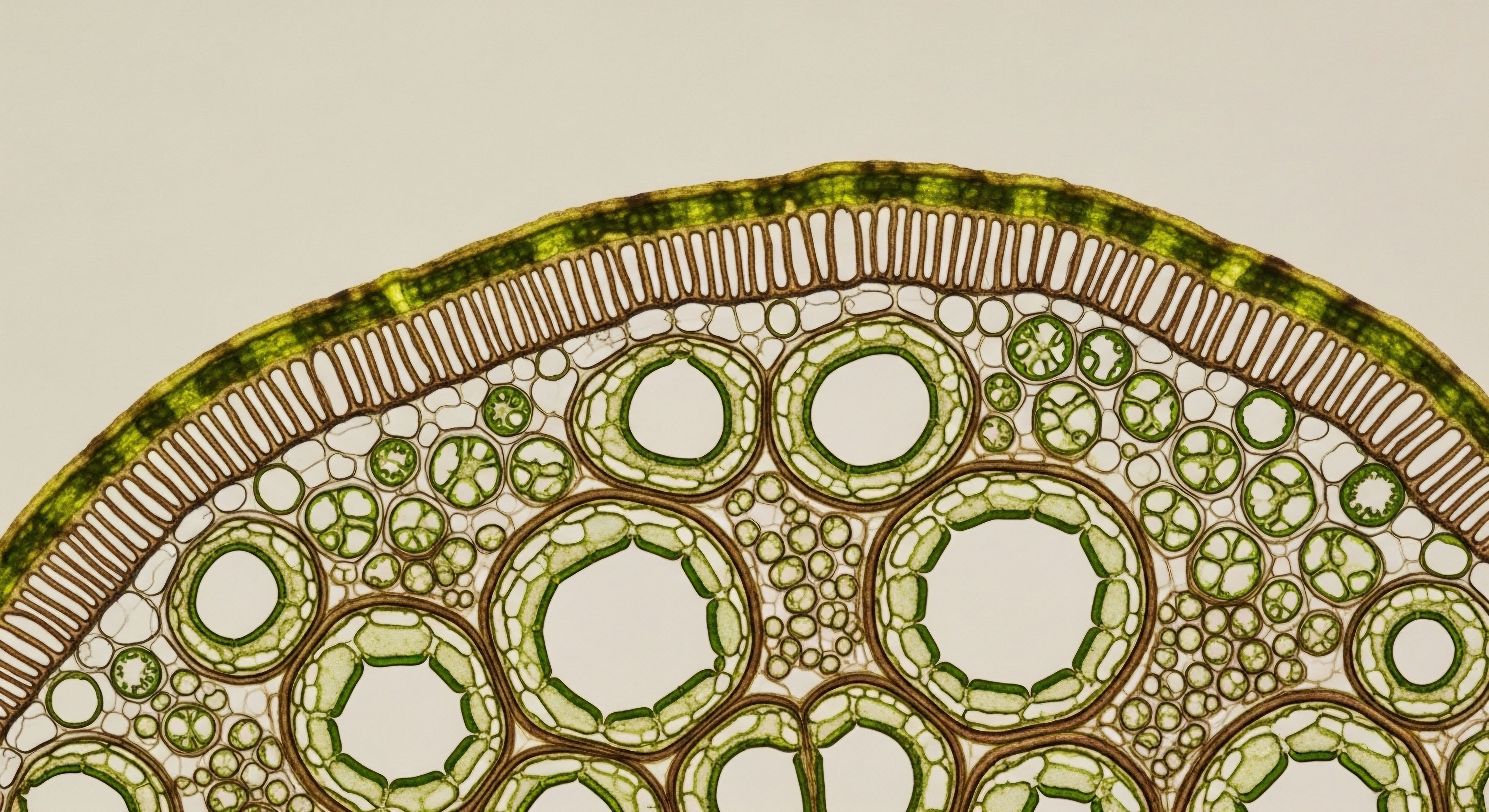Unlock Your Second Brain with the Power Nap Protocol

Master your neural architecture and unlock unparalleled cognitive performance with the Power Nap Protocol.
HRTioAugust 25, 2025







